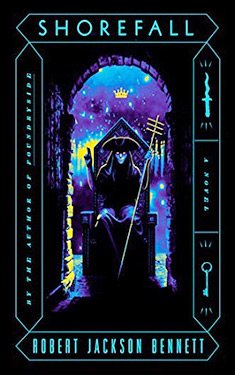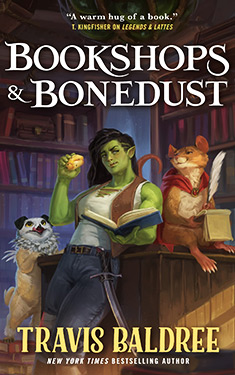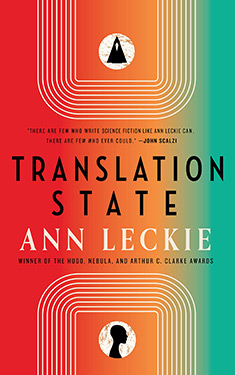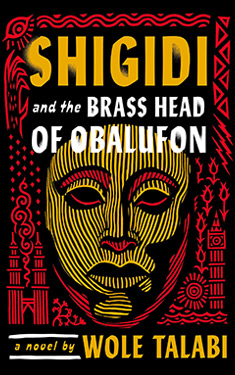Robert Jackson Bennett
Completed 9/29/2024, Reviewed 9/29/2024
3 stars
This is the second book in the Foundryside series. It picks up 3 years after the events of the first book. I read it for book club, only 3 months after the first book. I remembered quite a bit, but I had trouble getting into it anyway. It felt like it suffered from second book syndrome. That is, the first book feels very tight, but the second book spends more time setting up the scenario for the third book. The book is taut and fast-paced like the first one, but it just felt like it was missing something. Perhaps it was the novelty of the magic system that was missing, or the familiarity with the characters. It just never completely grabbed me.
The book picks up with the return of the first hierophant, Crasedes. He’s been resurrected and he wants to control the world to stop humans from using their technology and magic for power over others. He wants to become the supreme dictator that forces people to remain peaceful. Sancia and her gang have allied with another immortal, Valeria, who wants to destroy Crasedes. However, Sancia, Berenice, Orso, and Gregor have mixed feelings about Valeria. Though she saved them in the first book, they’re uncertain about what she’s up to. However, allying with Valeria seems to be the only way to destroy Crasedes and save humanity.
I thought the best part of the book was the relationship between Sancia and Berenice. They twin with each other. Twinning is not permitted with people. It is usually saved for connecting magical devices together. They do this on Valeria’s advice. Once successful, they share everything, thoughts, memories, and so on, all the while being able to communicate with each other without anyone else hearing them. Needless to say, it also enhances their romantic relationship. However, that is put aside as the roller coaster plot keeps the danger ever-present.
Like the first book, this one is quite grisly. Perhaps a little more so, as the body count becomes astronomical. There are pools of blood everywhere, and Sancia and Orso constantly seem to be spattered with it. For Crasedes to manifest and work his magic, he needs sacrifices, and he gets lots of them. But ultimately, it’s all a question of morality, and he wants to impose his on humanity. He and Valeria seem to be set up as sort of god and devil, but it’s hard to tell who is really good. Everyone seems basically evil, like there is no good or god. And Sancia and crew must choose between the lesser of evils.
I give this book three stars out of five. It’s a little less than the first book because I never felt completely sucked into it. Yeah, parts were exciting, but overall, the sum was less than the parts. If book club doesn’t pick the third book, I don’t know if I’ll read it on my own.



